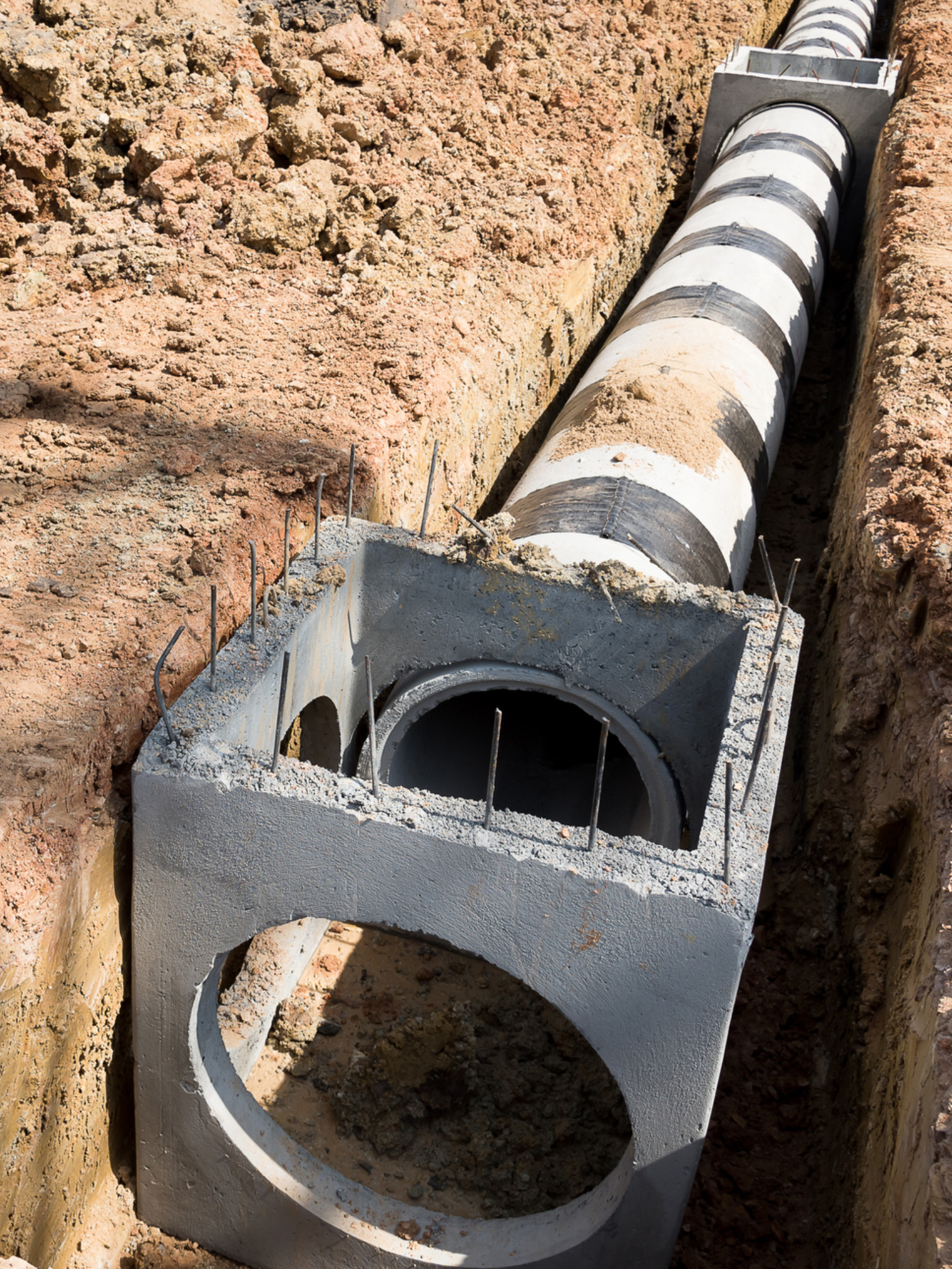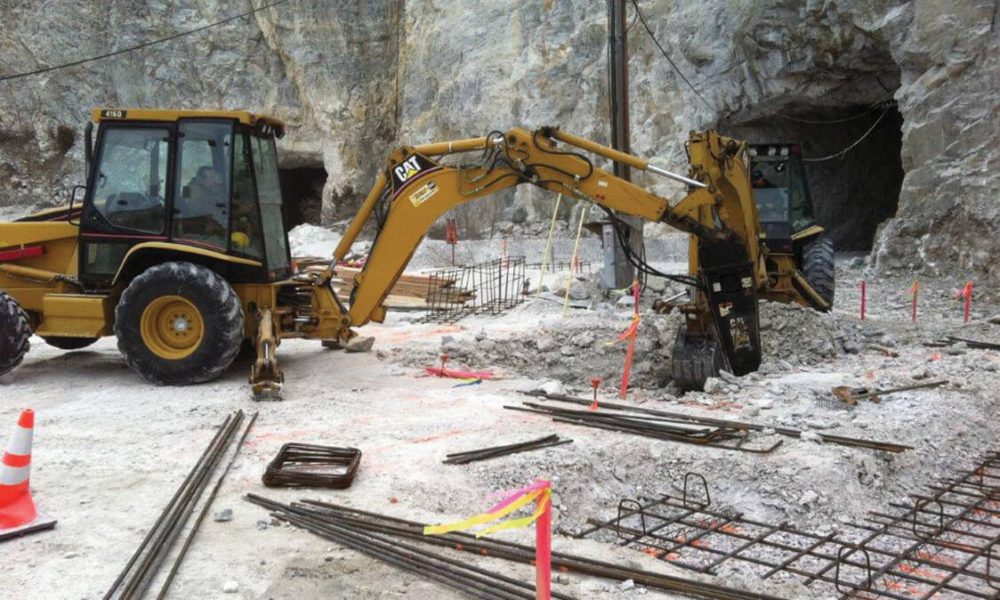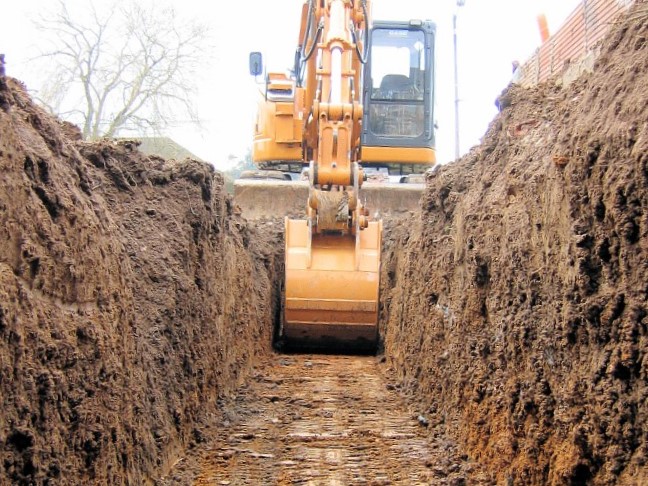Dump Truck Companies in Ohio - Trusted Dump Truck Services Across Ohio
Dump Truck Companies in Ohio - Trusted Dump Truck Services Across Ohio
Blog Article
Comprehensive Excavation Approaches: Grasping the Basics for Success
The cautious planning, accurate implementation, and careful focus to information needed in excavation projects require a detailed approach that includes numerous essential aspects. The true mastery exists not simply in understanding these fundamentals but in seamlessly incorporating them to navigate the intricacies of excavation tasks with skill.
Understanding Excavation Task Planning

Successful excavation projects are improved the foundation of complete and precise planning. The initial stage of any kind of excavation task is the planning phase, where critical decisions are made that can significantly influence the end result of the task. Throughout this stage, it is important to gather all pertinent info regarding the website, consisting of topographical surveys, soil make-up, and any potential hazards that may exist. Recognizing the task spending plan, timeline, and scope constraints is vital for developing a detailed excavation strategy that guarantees the task's success.
One key facet of excavation job planning is the development of a thorough timeline that lays out the series of landmarks, tasks, and target dates. This timeline offers as a roadmap for the task group, enabling them to track progression and make needed adjustments to make sure the project remains on schedule. Furthermore, a well-defined budget plan that accounts for all expenses, consisting of equipment service, labor costs, and materials, is important for preventing price overruns and delays. By carefully thinking about all these aspects during the drawing board, excavation tasks can be performed efficiently and efficiently, leading to effective outcomes.
Dirt Evaluation and Site Examination
Carrying out complete dirt evaluation and website examination is an essential action in the prep work stage of any kind of excavation task. Dirt evaluation entails identifying the make-up, structure, and buildings of the soil at the excavation website. This information is crucial for understanding the soil's bearing capacity, dampness web content, and capacity for disintegration, which are vital variables in establishing the excavation techniques and devices required for the task.
Website examination surpasses dirt analysis and encompasses a more comprehensive analysis of the general website problems. This analysis includes recognizing any kind of potential threats, such as below ground utilities, environmental problems, or unpredictable surface, that might affect the excavation procedure. By thoroughly evaluating the site, job managers can develop effective excavation approaches that prioritize security, efficiency, and environmental security.
Making use of sophisticated technologies like ground-penetrating radar, soil sampling, and drone studies can improve the accuracy and efficiency of soil evaluation and site analysis. Investing time and sources in these preliminary steps can eventually conserve time and prevent expensive delays or issues during the excavation process.
Devices Choice and Use
Effective excavation jobs depend heavily on tactical devices selection and application to guarantee optimal performance and efficiency. Picking the best equipment for the job is important in maximizing performance and decreasing downtime. Aspects such as the sort of soil, depth of excavation, and task extent play a considerable function in determining one of the most appropriate equipment for the task handy.

Along with choosing the suitable tools, proper application is vital to project success. Operators must be educated to manage the equipment safely and effectively - lancaster trenching. Normal upkeep checks and timely repairs help protect against malfunctions and guarantee constant performance throughout the task
Precaution and Regulations Conformity
In the world of excavation jobs, focusing on precaution and conformity with regulations is extremely important to guaranteeing a secure and lawfully sound functional setting. Safety actions incorporate a series of techniques, consisting of carrying out extensive website analyses, applying correct signage and obstacles, and providing adequate safety training for all personnel entailed in the excavation process. Adherence to policies, such as OSHA requirements in More Info the USA, ensures that the great post to read excavation project meets the required requirements to protect employees, bystanders, and the surrounding atmosphere.

Surveillance Progression and Adjusting Strategies
Exactly how can forecast supervisors effectively track the advancement of excavation tasks and adapt their strategies appropriately to maximize end results? Tracking development is important for ensuring that excavation tasks remain on track and meet deadlines.

Conclusion
Finally, grasping the principles of thorough excavation strategies is crucial for the success of any type of job. By recognizing job planning, analyzing soil and website problems, choosing appropriate equipment, abiding by security guidelines, and keeping track of progress, job supervisors can make sure a effective and smooth excavation process. Carrying out these techniques will certainly result in effective end results and decrease potential threats or setbacks throughout the excavation project.
The initial phase of any type of excavation job is the preparation phase, where vital decisions are made that can significantly impact the outcome of the job. Understanding the project timeline, budget, and range restraints is critical for producing an extensive excavation strategy that makes sure the project's success.
How can predict managers effectively track the advancement of view excavation tasks and adjust their strategies accordingly to optimize outcomes? By carefully keeping an eye on progression and being eager to adjust strategies, project managers can boost the general success of excavation tasks.
By comprehending task preparation, analyzing dirt and website conditions, choosing suitable devices, conforming with security policies, and keeping track of progress, project supervisors can ensure a smooth and reliable excavation process.
Report this page